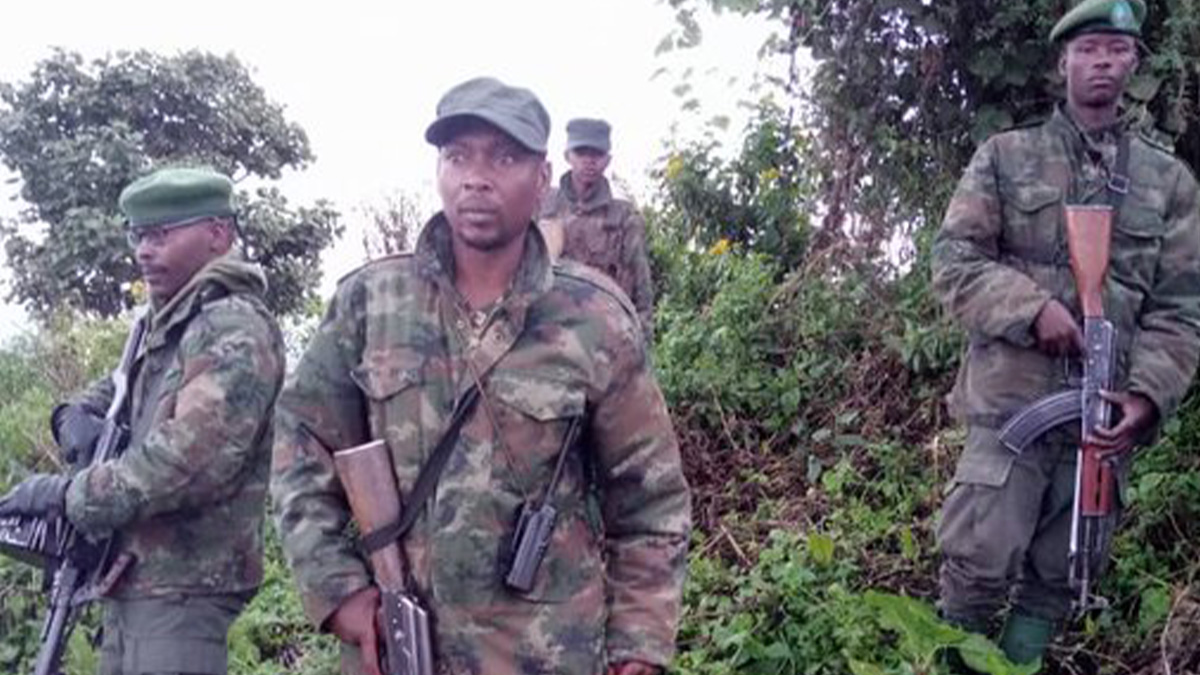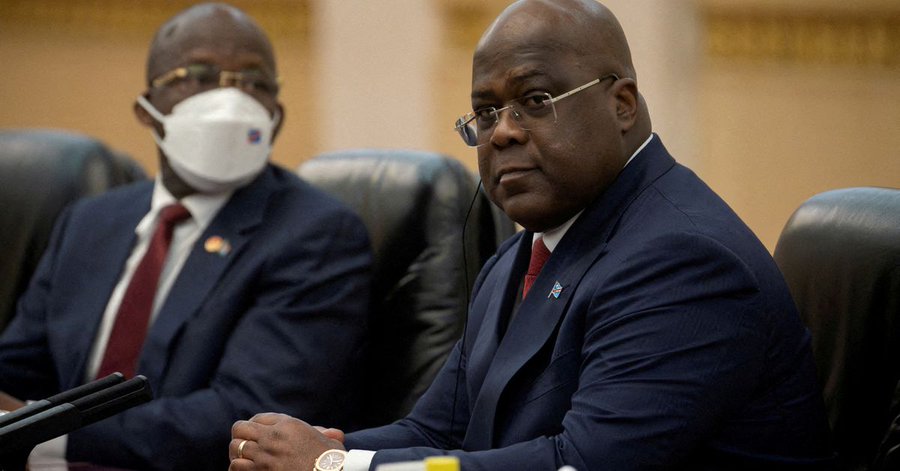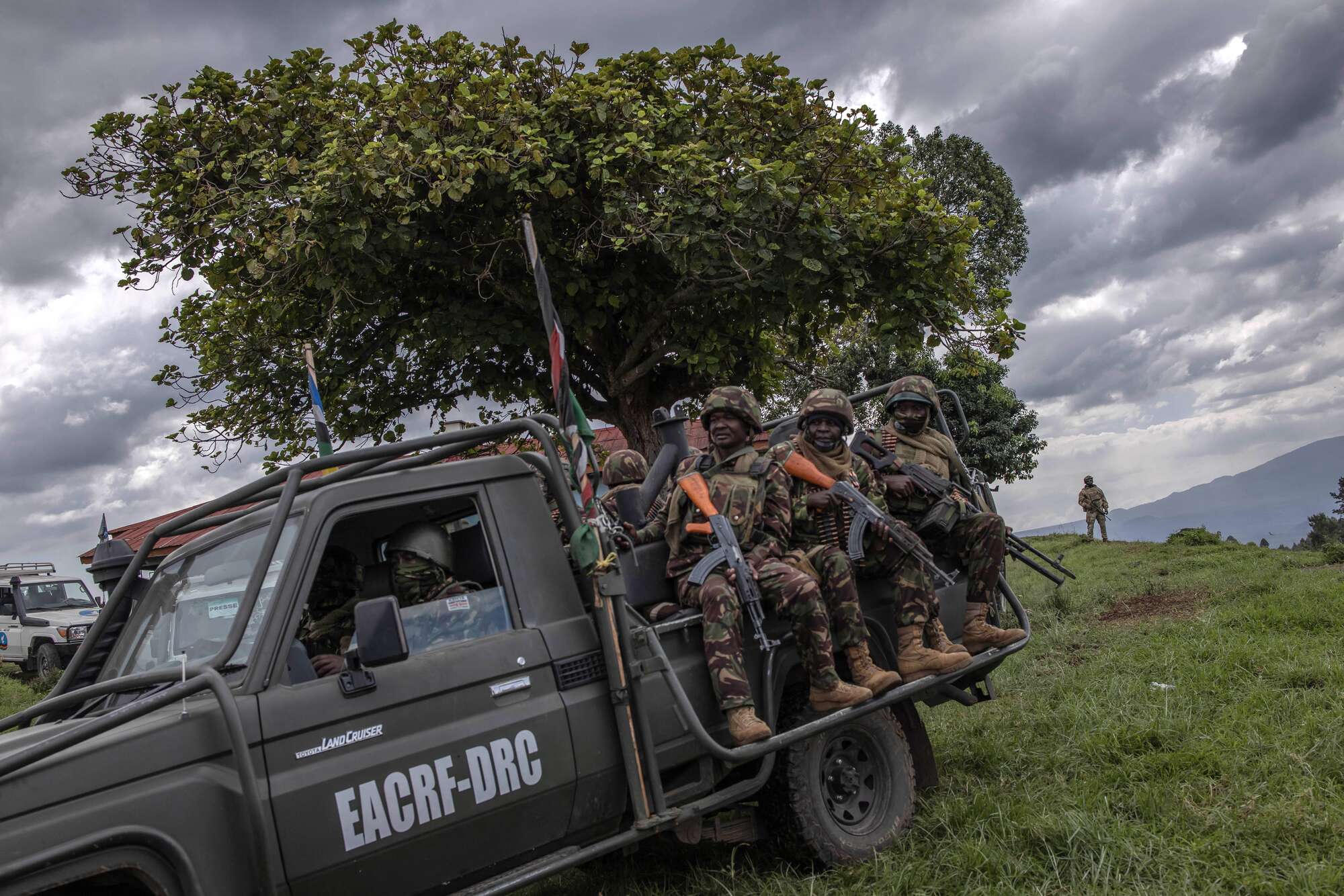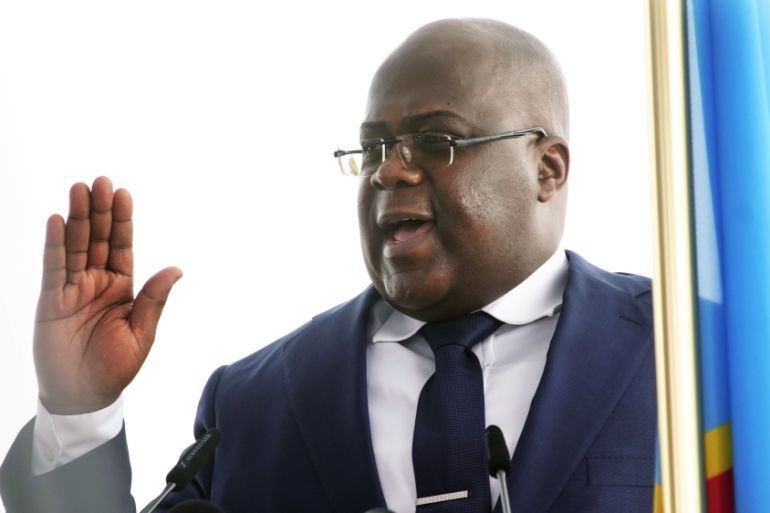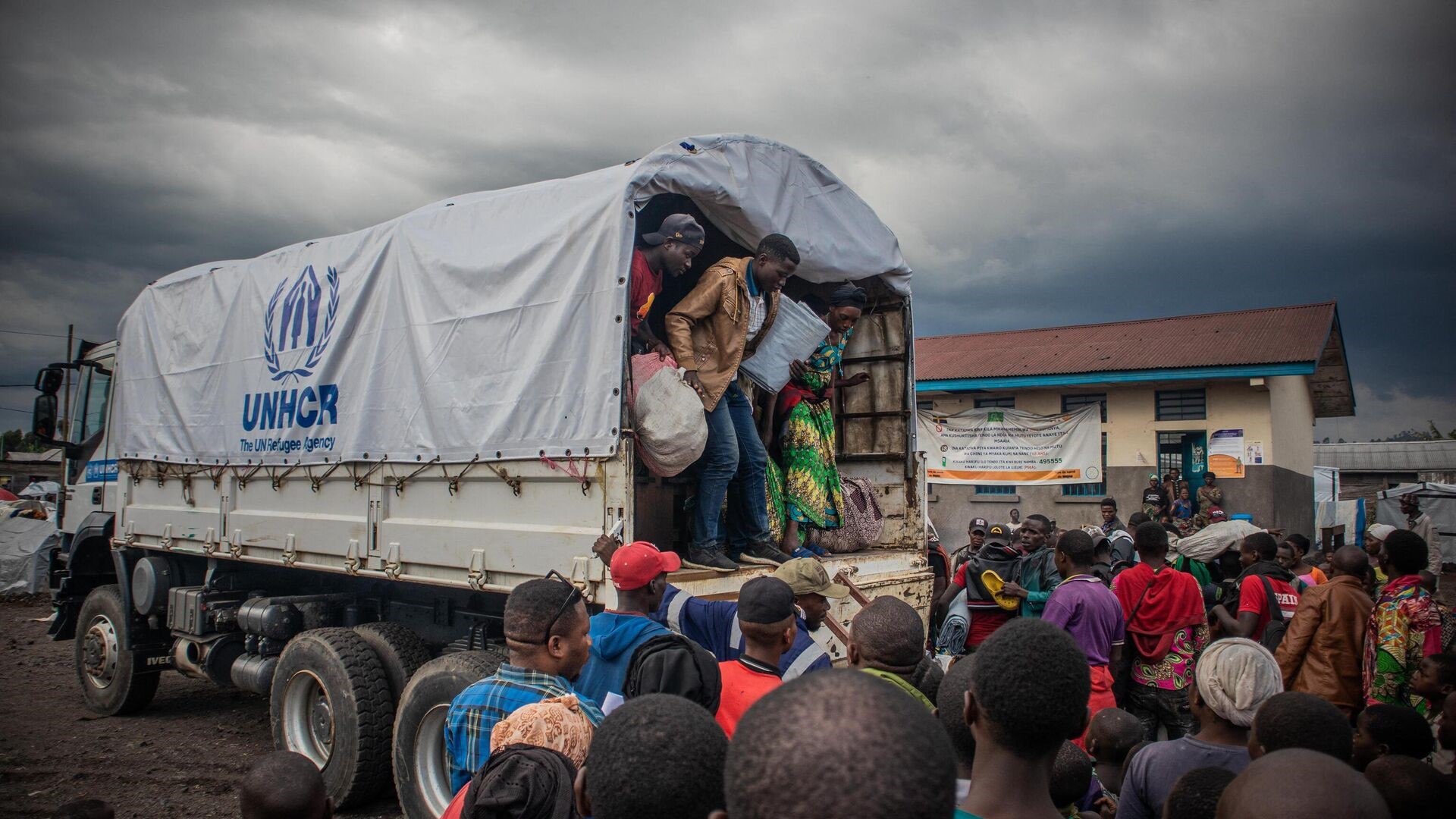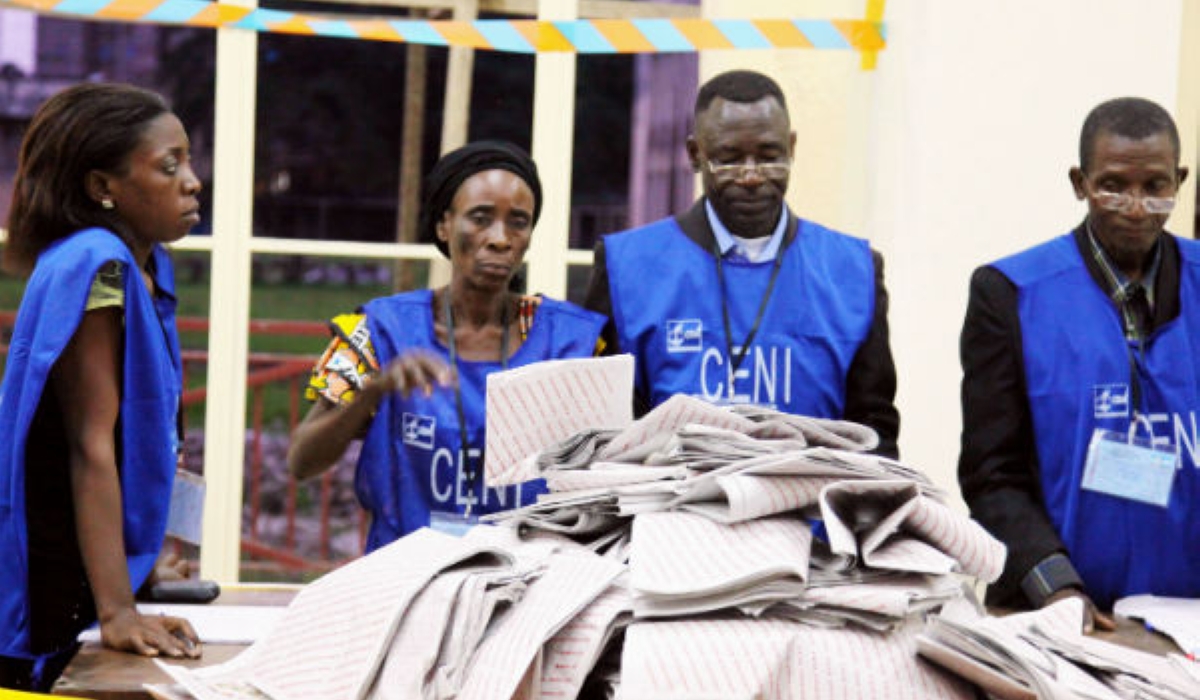Regional
DRC representatives sowing chaos in EAC Parliament
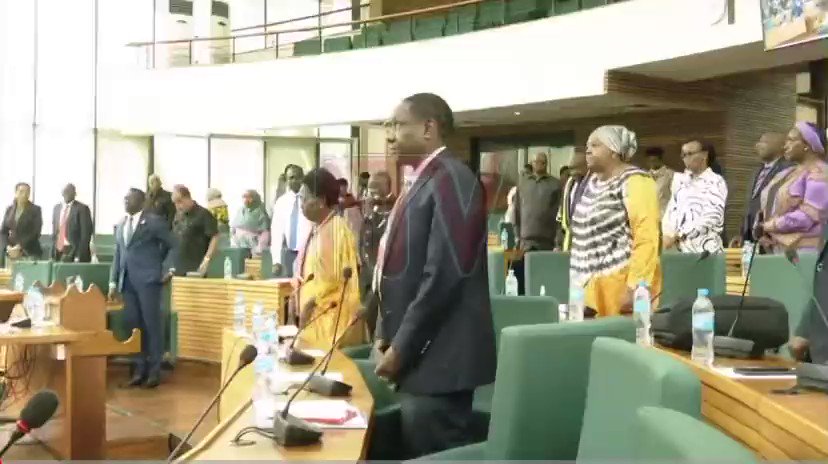
Congolese members of the EAC Legislative Assembly threatened to withdraw from the regional bloc.
The
Democratic Republic of the Congo officially joined the East African Community
(EAC) on March 29, 2022, becoming the seventh Partner State.
After
joining the regional bloc, Congolese President Felix Tshisekedi said that DRC
looked forward to increased intra-EAC trade and a reduction of tension among
partner states.
Part
of their obligation as a partner state, is to represent their country in the
East African Legislative Assembly (EALA), the independent legislative arm of
the bloc, and join hands with others in the furtherance of EAC objectives. The
Mission of the Assembly is: to legislate, do oversight and represent the people
of East Africa in a bid to foster economic, social, cultural and political
integration.
But
Congolese representatives in the House have a different mission. DRC lawmakers
in the regional Assembly have only presented obstacles ever since they joined.
First,
Kinshasa has failed to meet its financial obligations in terms of funding the
EAC as required, thereby thwarting the implementation of planned activities and
programmes. Each country is supposed to contribute $7.3 million, annually, to
the EAC budget, with the rest being sourced from development partners. While
Kinshasa has failed to financially contribute Congolese lawmakers in EALA
receive their full salaries and allowances from the contributions made by other
countries.
When
reprimanded on the issue, during an EALA session in November, Congolese
representatives decided to boycott the parliamentary sitting, breaking all
established protocols. This prompted representatives from Uganda to call for
disciplinary sanctions against the Congolese representatives who had walked
out.
Breaking
another protocol in the next session, the Congolese representatives annoyed
their colleagues by alleging that Rwanda was attacking their country, an issue
that was not on the House’s agenda, and therefore trying to divert attention
from their unpaid annual contribution.
Congolese
lawmaker Evariste Kalala claimed that Rwanda is attacking the DRC and stealing
its mineral resources. Kalala’s was trying to show that DRC is unable to
remit its contribution, since Rwanda is stealing its minerals. He threatened
that the DRC might leave the bloc.
Congolese
officials have always accused Rwanda and shifted blame for internal failures
during various international forums such as the UN General Summit, the Climate
Summit in Brazzaville, the World Economic Forum, and others.
Kalala
was only following his government’s example.
For the Congolese, making Rwanda a scapegoat for their internal problems is the easy way out. This approach is self-defeating and unlikely to help the government of Tshisekedi address the root causes of their internal challenges.



